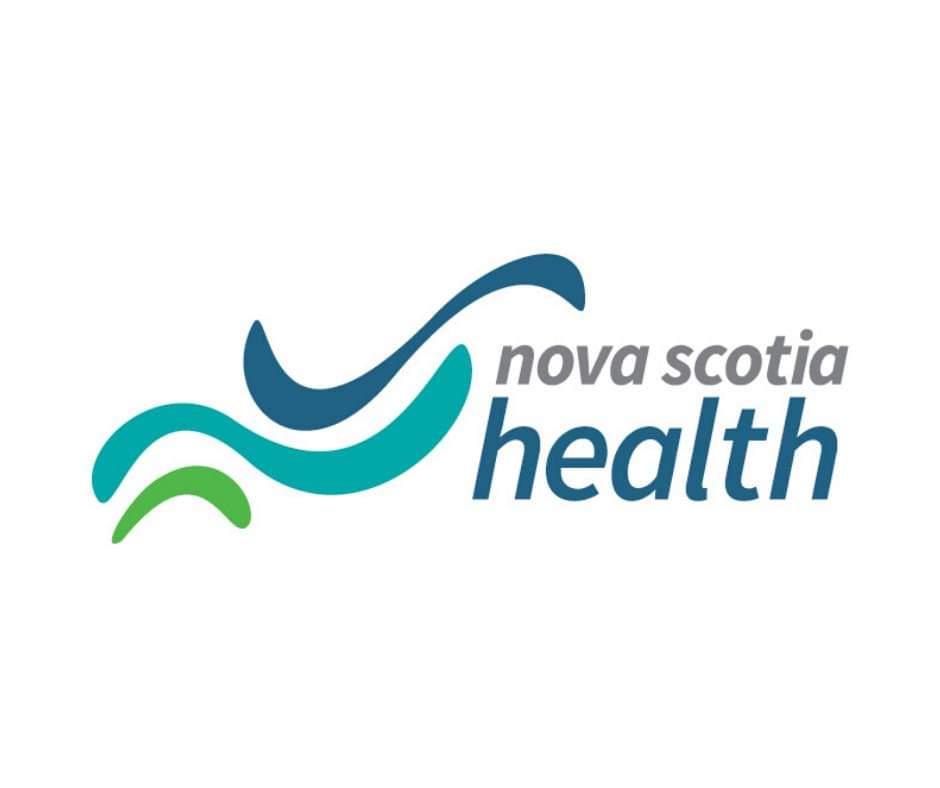**** NSHA Media Release
Public Health investigating two cases of meningococcal disease at Dalhousie University
Public Health is investigating two cases of meningococcal disease in Halifax. Both individuals were students at Dalhousie University, living in the same Shirreff Hall residence.
One individual is recovering in hospital, while unfortunately the other student has died.
Today Public Health received confirmation both individuals had the same strain of the bacteria called serogroup B. At this time there is no known connection between the two cases other than living in the same residence, although this is still under investigation.
Nova Scotia Health, including Public Health, would like to offer our sincere condolences to the family of the student, as well as their friends and classmates.
Public Health and the university are working closely to take all the appropriate steps to keep everyone healthy in the larger Dalhousie community.
“At this time there is no indication of increased risk to the general public or the Dalhousie University community,” said Dr. Cristin Muecke, Regional Medical Officer of Health. “This form of bacterial meningitis is not spread through the air or casual contact, such as sitting next to or talking with someone who is sick with the disease.”
Public Health has already identified and been in contact with all those who may have been directly exposed to these two students.
According to Public Health guidelines, two cases of meningococcal disease with the same serogroup in one location over a short period of time is considered an institutional outbreak. In response, Public Health will be holding vaccination clinics for the students and staff of Shirreff Hall this weekend.
Meningococcal disease refers to any illness caused by bacteria called Neisseria meningitidis. The bacteria are spread by direct secretions (saliva or spit) from the nose and mouth through activities such as kissing, as well as sharing food, drinks, water bottles, toothbrushes, eating utensils, cigarettes and other smoking products and devices.
There is no vaccine that protects against all strains of meningococcal disease. Nova Scotia’s publicly funded vaccine program currently provides meningococcal C vaccine at 12 months of age and quadrivalent meningococcal A, C, Y, W vaccine as part of the Grade 7 school immunization program. Currently, the meningococcal B vaccine is not part of the routine publicly funded vaccine program in Nova Scotia but is available to those who are identified as having close contact with a meningococcal case or are at higher risk of meningococcal disease.
Symptoms of meningococcal disease may include worsening fever, headache, stiff neck, rash, sensitivity to light, and changes in level of alertness. Public Health recommends seeking medical attention immediately if you become ill with these more severe symptoms. Anyone with severe symptoms should go to an emergency department or call 911. More information about the disease is available at https://novascotia.ca/dhw/CDPC/meningitis.asp
If you are feeling unwell and have concerns about being in close contact with the cases at Dalhousie, Nova Scotians can access primary care through family doctors, nurse practitioners, walk in clinics and Virtual Care NS. Also, this weekend Nova Scotia Health, in partnership with IWK Health and Emergency Health Services (EHS), is providing a mobile primary care clinic for the public on Saturday, Dec. 17 and Sunday, Dec. 18 at 6960 Mumford Rd., near Shoppers Drug Mart, from 9 a.m. until 4:20 p.m.




